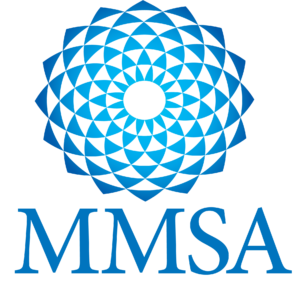All of us here at MMSA stand hand-in-hand with our educator partners across the State and the Nation ready to meet the upcoming challenges for STEM learning head on. All of our programming has been revamped to support educators and their students whether that learning is remote or in-person. Take a moment to see all the work and effort our team put into making our events fun, interactive, and powerful this summer!
AR Girls Goes Virtual
![]() Over the course of four weeks this Summer, 25 girls across the state of Maine – from Caribou to Casco – joined us on Zoom to learn about augmented reality and the power of communicating about science using art and digital media. Art educators from Wintergreen Arts in Presque Isle and Waterfall Arts in Belfast joined the AR Girls team to support the girls in developing these skills. Through a combination of in-zoom instruction and independent work outside of these sessions, girls in the program were able to create interactive and informative AR experiences for member’s of their communities to learn more about waste and the environment.
Over the course of four weeks this Summer, 25 girls across the state of Maine – from Caribou to Casco – joined us on Zoom to learn about augmented reality and the power of communicating about science using art and digital media. Art educators from Wintergreen Arts in Presque Isle and Waterfall Arts in Belfast joined the AR Girls team to support the girls in developing these skills. Through a combination of in-zoom instruction and independent work outside of these sessions, girls in the program were able to create interactive and informative AR experiences for member’s of their communities to learn more about waste and the environment.

WeatherBlur
![]() The WeatherBlur team held two Summer Institutes for teachers from participating WB schools in Alabama, Mississippi, and Maine. Traditionally, these Summer Institutes are held in-person but this year we were able to all come together on Zoom, where we not only covered WB content, but we also practiced using virtual collaboration tools to help prepare teachers for virtual and hybrid classrooms this school year. The WeatherBlur team has also been busy redesigning the new WeatherBlur website, making it more user-friendly for students, teachers and scientists to interact and collaborate with on scientific investigations.
The WeatherBlur team held two Summer Institutes for teachers from participating WB schools in Alabama, Mississippi, and Maine. Traditionally, these Summer Institutes are held in-person but this year we were able to all come together on Zoom, where we not only covered WB content, but we also practiced using virtual collaboration tools to help prepare teachers for virtual and hybrid classrooms this school year. The WeatherBlur team has also been busy redesigning the new WeatherBlur website, making it more user-friendly for students, teachers and scientists to interact and collaborate with on scientific investigations.
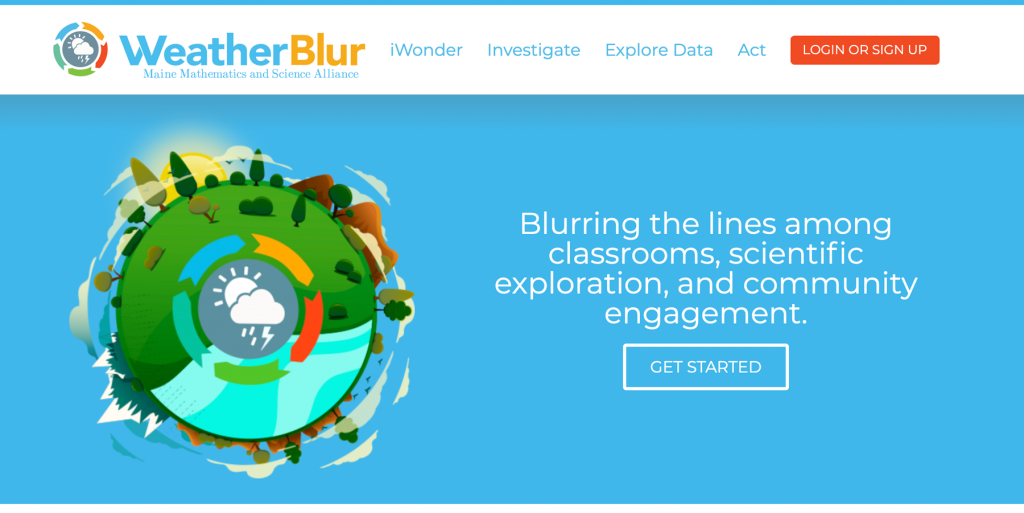
Maine State Science Fair Fellows
![]() The Reach team and The Jackson Laboratory held their annual Maine State Science Fair Teacher Fellows training virtually this summer. Although the usual three-day in-person event has always been a wonderful networking opportunity and learning experience, we took advantage of everything the online format could offer. Teachers met for seven weekly two-hour Zoom sessions and then worked on short, engaging assignments in Google Classroom. We brought in special guests Cary James, Linda Choquette, Paul Strode, Jenn Hatch, and John Cangelosi to share their perspectives and expertise. Offering this course virtually provided teachers with more time to reflect and apply their knowledge, allowed us to open the course up to non-Teacher Fellows, made it possible for teachers to earn up to three CEUs, and gave the Reach team a chance to model ways teachers can engage their students in a virtual setting.
The Reach team and The Jackson Laboratory held their annual Maine State Science Fair Teacher Fellows training virtually this summer. Although the usual three-day in-person event has always been a wonderful networking opportunity and learning experience, we took advantage of everything the online format could offer. Teachers met for seven weekly two-hour Zoom sessions and then worked on short, engaging assignments in Google Classroom. We brought in special guests Cary James, Linda Choquette, Paul Strode, Jenn Hatch, and John Cangelosi to share their perspectives and expertise. Offering this course virtually provided teachers with more time to reflect and apply their knowledge, allowed us to open the course up to non-Teacher Fellows, made it possible for teachers to earn up to three CEUs, and gave the Reach team a chance to model ways teachers can engage their students in a virtual setting.
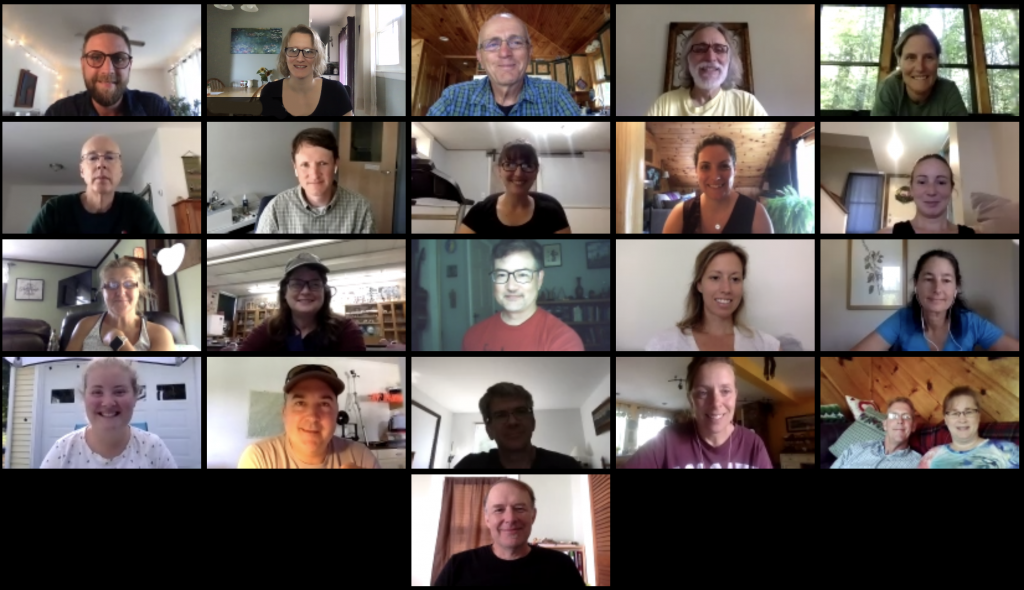
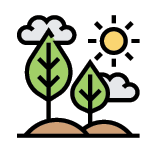 TeachME Outside
TeachME Outside
The Teach ME Outside project has had a busy summer convening groups of in-school and out-of-school time educators to discuss professional learning opportunities in environmental learning in Maine as well as starting an Environmental Education Evaluation Collaborative. The Professional Learning Advisory Group made up of 15 members is working to develop open source modules to support educators in implementing environmental learning opportunities for ALL Maine youth. The EE evaluation collaborative has over 40 members and are exploring recent research in EE, how to develop programmatic evaluation plans, and brainstorming shared measures that could capture the impact of EE programs across Maine. Teach ME Outside is a collaborative effort between Maine Math and Science Alliance, Maine Environmental Education Association, and the Nature Based Education Consortium.
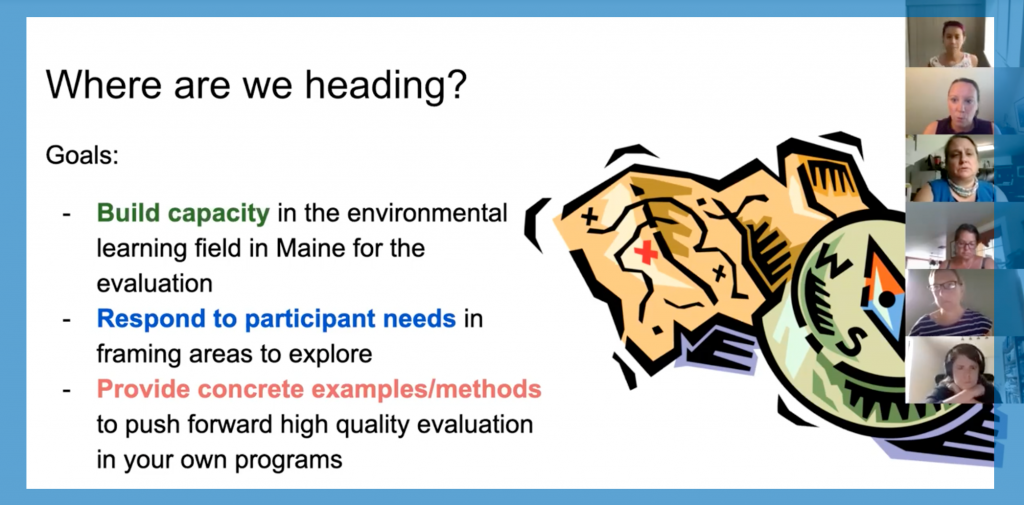
OpenSciEd
![]() As part of our consulting efforts, MMSA’s Kate Cook has continued her work as a writer on OpenSciEd‘s life sciences development teams. OpenSciEd was launched to improve the supply of and address demand for high-quality, open-source, full-course science instructional materials, while at the same time supporting the implementation of middle school science instructional units. The goals of OpenSciEd are to ensure any science teacher, anywhere, can access and download freely available, high quality, locally adaptable full-course materials. OpenSciEd released three new units over the summer: 7.1 Chemical Reactions and Matter Transformations, 6.3 Weather, Climate, and Water Cycling, and 7.4 Matter Cycling and Photosynthesis. Check out 7.4 Matter Cycling and Photosynthesis for a fun Maine Maple Sunday connection!
As part of our consulting efforts, MMSA’s Kate Cook has continued her work as a writer on OpenSciEd‘s life sciences development teams. OpenSciEd was launched to improve the supply of and address demand for high-quality, open-source, full-course science instructional materials, while at the same time supporting the implementation of middle school science instructional units. The goals of OpenSciEd are to ensure any science teacher, anywhere, can access and download freely available, high quality, locally adaptable full-course materials. OpenSciEd released three new units over the summer: 7.1 Chemical Reactions and Matter Transformations, 6.3 Weather, Climate, and Water Cycling, and 7.4 Matter Cycling and Photosynthesis. Check out 7.4 Matter Cycling and Photosynthesis for a fun Maine Maple Sunday connection!
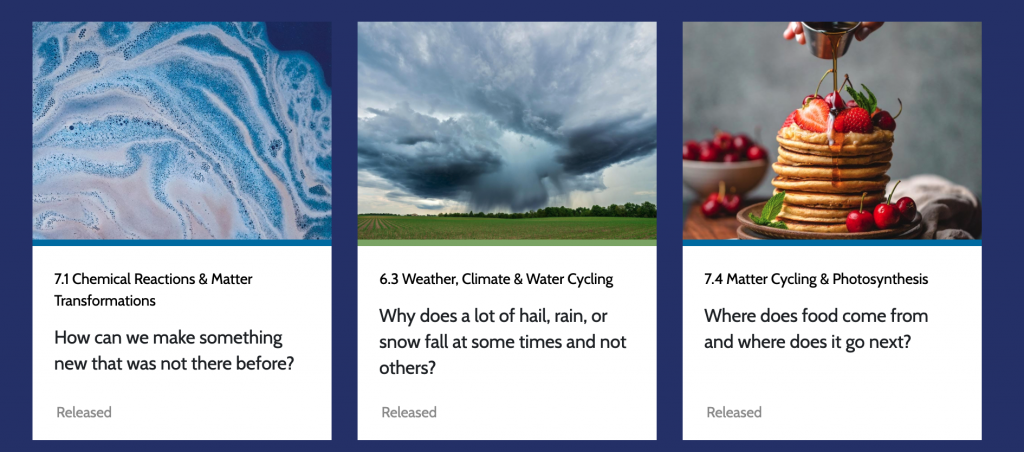
ACRES Virtualizing Cohorts
![]() The ACRES project is supporting afterschool educators as they make plans and discuss strategies for virtual learning. ACRES is known for giving afterschool educators a safe space to reflect on their practice with a small group of peers, and this opportunity is no different. With so many resources and tools out there, it is easy to get overwhelmed with possibilities, so ACRES is using its small cohort approach to allow educators to process with peers and be purposeful with virtual learning plans.
The ACRES project is supporting afterschool educators as they make plans and discuss strategies for virtual learning. ACRES is known for giving afterschool educators a safe space to reflect on their practice with a small group of peers, and this opportunity is no different. With so many resources and tools out there, it is easy to get overwhelmed with possibilities, so ACRES is using its small cohort approach to allow educators to process with peers and be purposeful with virtual learning plans.


